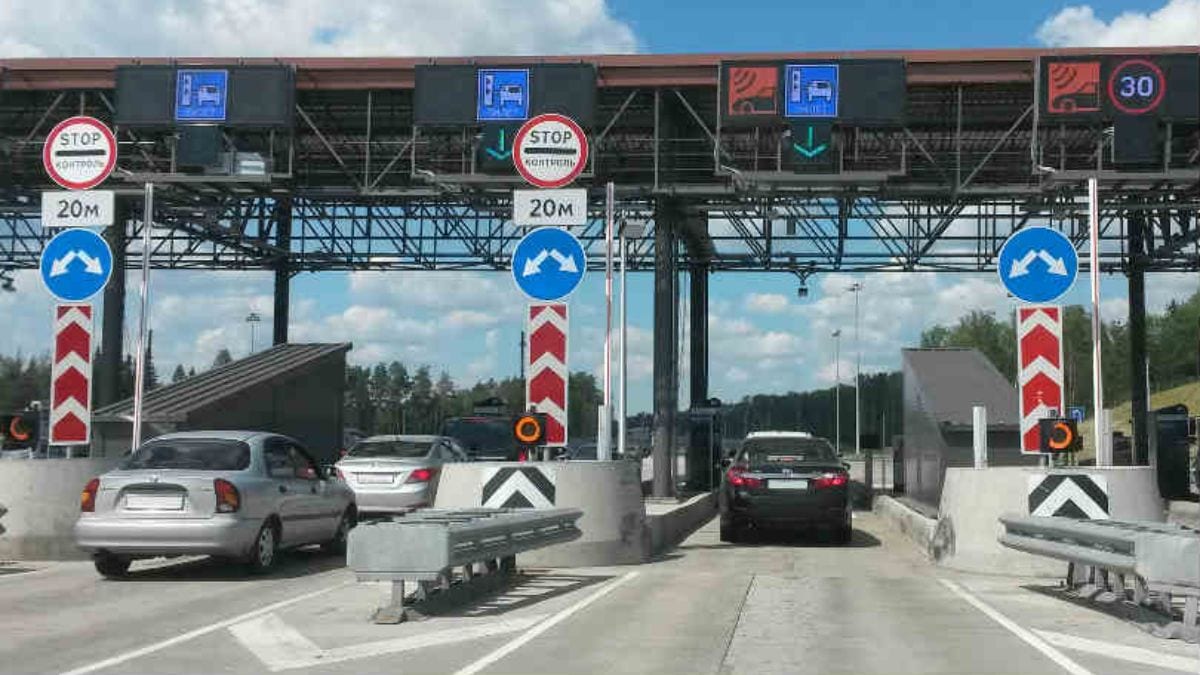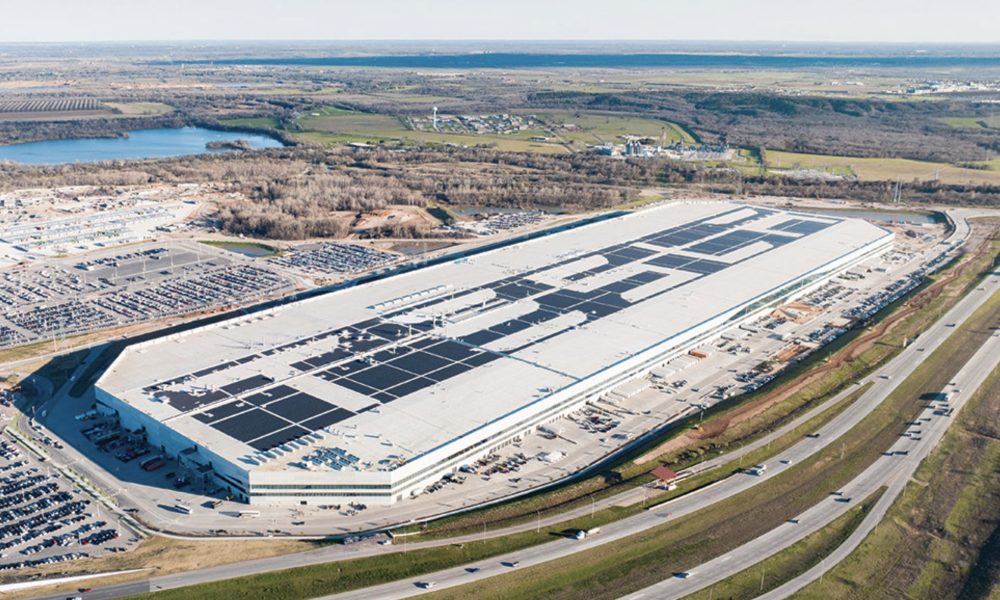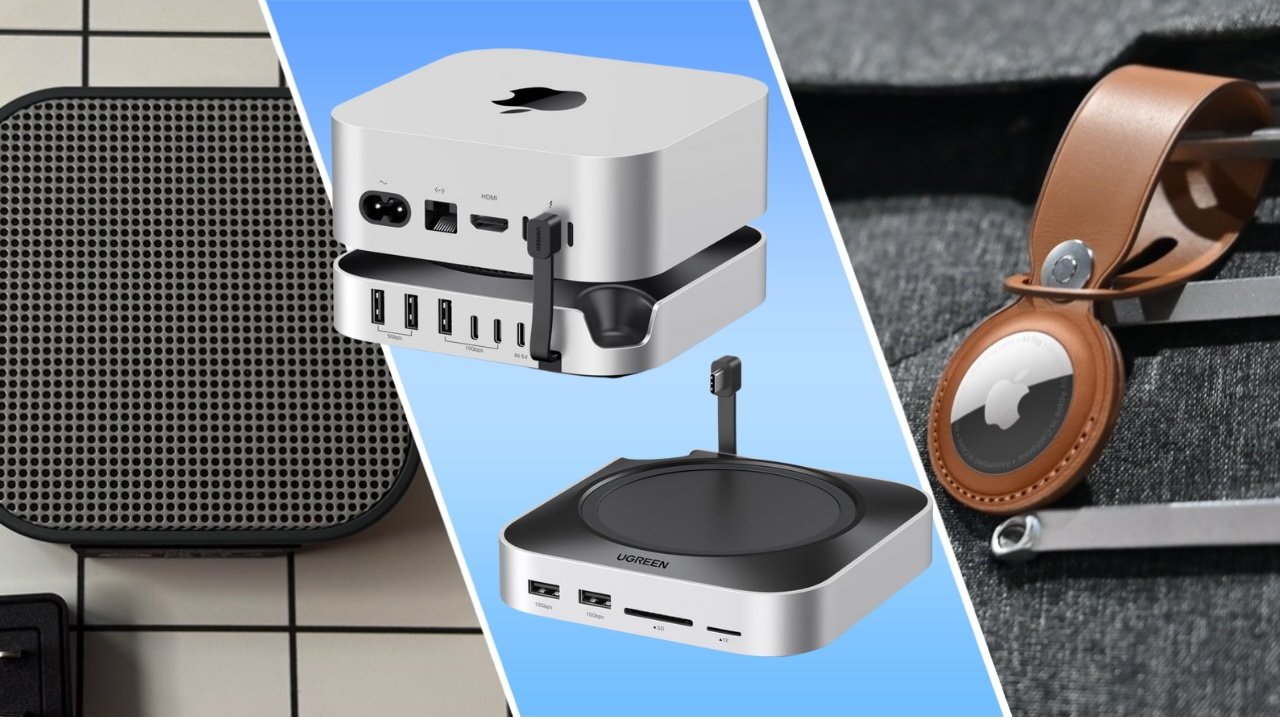In a major revamp, the new toll policy is said to solve the persistent problems related to toll collection on national highways and expressways. The central government is all set to roll out this new toll policy that will provide up to 50% relief in fees to the commuters. The proposed policy introduces a range of reforms, including an annual toll pass, barrier-free tolling and digital integration providing an ease in transportation.
Yearly FASTag Pass Only For Rs 3,000
The main highlight of the new policy is the annual FASTag pass that allows car owners to travel unlimited kilometers across all national highways, expressways, and state expressways for a flat fee of Rs 3,000 per year. This makes commuting much easier as compared to the monthly pass system.
Under the new system, the toll fee structure will also move from physical toll plazas to a fixed fee per km model. This is said to bring the average toll rate to around Rs 50 for every 100 kilometers making it more economical for the travellers.
No Separate Pass Required With FASTag Integration
The new policy also makes payment easier and a cashless experience by removing the physical pass and fully integrating it into the user’s existing FASTag account. The government has also been removing illegal FASTags, under the “One Vehicle, One FASTag” policy and has already deactivated nearly 1 crore duplicate or invalid FASTags to clean up the system.
Barrier-Free Electronic Tolling With ANPR
To take the tolling infrastructure to the next level, the policy introduces Barrier-Free Electronic Tolling across the country using Automatic Number Plate Recognition (ANPR) systems, FASTag, sensors, and AI-powered cameras. The pilot projections have shown 98% accuracy, and full-scale implementation of these systems is expected by the end of this year, starting with the Delhi-Jaipur Highway and heavy/dangerous goods vehicles.
This system provides a major advantage to the drivers as they no longer have to adjust or align their vehicles at toll plazas for tag recognition. A standardized installation protocol for FASTag and sensors will be enforced to speed up toll processing.
Handling Losses & Contractor Compensation
One of the major roadblocks in implementing the new system has been existing contracts with concessionaires and toll contractors, which do not currently accommodate the new annual pass system. To address this issue, the Ministry of Road Transport and Highways has agreed to compensate toll operators for their loss.
Each concessionaire will have to maintain digital records of passing vehicles and the difference between actual toll recovery and estimated dues will be reimbursed by the government using a compensation formula.
We will come out with a new policy to replace toll plazas in the country with a GPS-based tracking toll system. It means that toll collection will happen via GPS. The money will be collected based on GPS imaging (on vehicles).: Union Minister Shri @nitin_gadkari ji pic.twitter.com/iHEfOqSlMc
— Office Of Nitin Gadkari (@OfficeOfNG) March 23, 2022
Nationwide Rollout Coming Soon
The new toll policy is already in its final stages of approval and is expected to be launched soon. This policy marks a bold step toward digital tolling and smart mobility, benefiting both regular commuters and long-distance travelers. Implementing this technology and expanding it across India will be a game changer for the country’s road transport network.
The post New Toll Policy Unveiled: Check Out the Per Kilometer Charges, Conditions and Changes appeared first on Techlusive.












